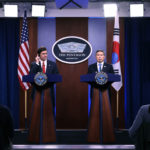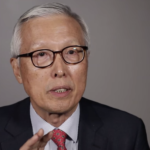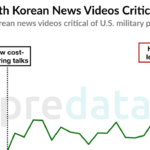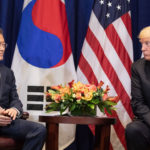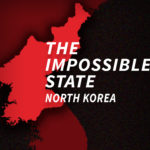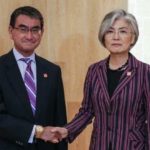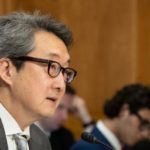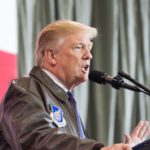May 30, 2025, by Victor Cha—
CSIS' Victor Cha walks through the implications of U.S. troop withdrawal, explains the history of U.S. troop commitment in Korea since 1955, and discusses President Trump's inaction over North Korea's provocations... The Wall Street Journal recently reported that the Trump administration is considering a withdrawal of…
May 1, 2025, by Andy Lim and Victor Cha—
Beyond Parallel created an original dataset of all high-level visits between the two countries from 1953 to the present to determine whether the number of high level visits over the last six decades could shed light on the current state of the relationship.
June 5, 2020, by Victor Cha and Ami Bera—
The unexplained periodic absences of North Korean leader Kim Jong Un over the past two months are troubling. Presumed health ailments for this obese smoker and drinker could leave his nuclear-armed dictatorship potentially leaderless overnight... A version of this op-ed appeared online on June 1, 2020 in The Washington Post.…
December 19, 2019—
This Living History interview features Shin Kak-soo, former South Korean ambassador to Japan (2011-2013). Ambassador Shin reflects on the complexities of Korea’s relations with its neighbor Japan. He provides an overview of how entrenched partisan politics can prevent the successful resolution of crises between these two key U.S. allies.
November 26, 2019, by Victor Cha, Eric Falcon and Bryce Pedersen—
Predata signals suggest a significant perception gap emerging between the U.S. and South Korea. First, South Koreans are more focused on the financial burden of the U.S. military presence than on the positive security benefits it provides. Second, U.S. demands for $5 billion in cost-sharing are generating the highest ever levels of social media and video commentary critical of U.S. forces in Korea.
November 22, 2019, by Victor Cha and Richard Armitage—
The 66-year alliance between the United States and the Republic of Korea is in deep trouble. The U.S.-China trade war, the South Korean government’s quiet leaning toward Beijing and President Trump’s transactional view of alliances have created a unique constellation of forces. The result could be a premature withdrawal of U.S. troops from the peninsula at a time when North Korea’s nuclear threat and China’s regional dominance grow unabated.
August 23, 2019—
In this episode, Andrew and Dr. Victor Cha welcome a special guest. Dr. Katrin Katz is the Adjunct Fellow in the Office of the Korea Chair at CSIS. From 2007 to 2008, Dr. Katz served as director for Japan, Korea and Oceanic Affairs on the U.S. National Security Council. They discuss various factors of the on-going South Korea-Japan trade dispute, which direction it might go, and what role the U.S. could play in it all.
August 22, 2019, by Victor Cha—
The South Korean government announcement of its intention not to renew the General Security of Military Information Agreement (GSOMIA) represents escalation of the Japan-Korea dispute after each side removed the other from preferential trading arrangements (so-called "whitelists").
March 28, 2019, by Victor Cha—
Dr. Victor Cha, senior adviser and Korea Chair for CSIS, testified before the U.S. Senate Committee on Foreign Relations Subcommittee on East Asia, the Pacific, and International Cybersecurity Policy on “U.S. Policy Toward North Korea After the Second Summit.”
February 25, 2019, by Victor Cha and Andy Lim—
A study of publicly available statements made by Donald Trump on the utility of alliances and U.S. troop commitments abroad to test the proposition that the President has a transactional view of alliances as opposed to a deep appreciation of both the security and non-security benefits afforded by these relationships.


